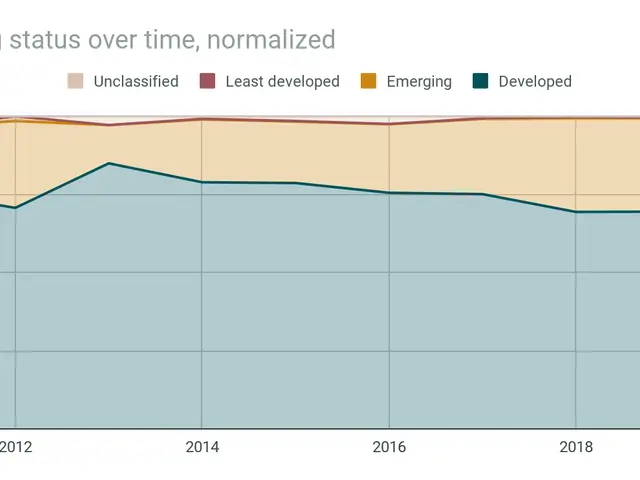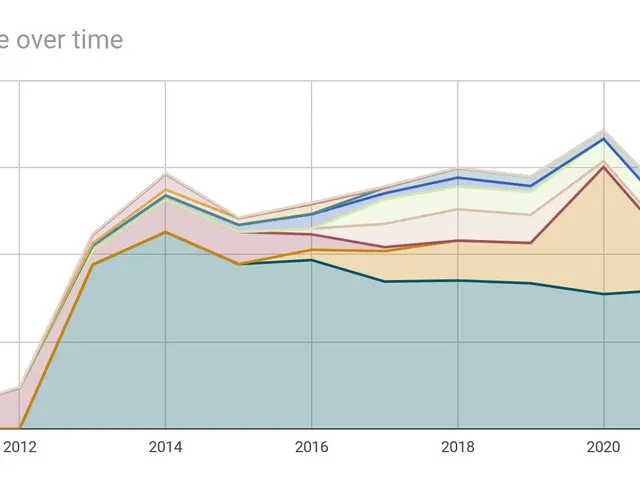Rising casualties reported as wildfires persistently blaze through southern Europe
Wildfires Ravage Southern Europe: A Crisis of Unprecedented Proportions
Wildfires continue to wreak havoc across several countries in southern Europe, with Spain, Portugal, Greece, and Turkey experiencing their worst wildfire seasons in over three decades. The fires have caused significant casualties, large-scale evacuations, and substantial damage to natural resources.
In Spain, the country is grappling with its worst wildfire season in over 30 years. Since early August, about 400,000 hectares have burned, primarily in the provinces of Ourense, León, and Zamora. The fires have disrupted transport, including highways and rail lines, and investigations into fire prevention deficiencies are underway. The fire emissions in Spain have reached their highest levels since 2003, significantly deteriorating air quality with dangerous PM2.5 levels.
Portugal is contending with several major fires, employing nearly 4,000 firefighters. A state of alert is extended due to ongoing high temperatures and fire risks. The charred body of the former mayor of Vila Franca do Deão was found in Portugal, making him the first fatality of the forest fires in the country this summer.
Greece faces multiple intense wildfires, notably around the port city of Patras and islands such as Chios and Zakynthos. The fires have destroyed forests, agricultural lands, and property, with at least 15 firefighters hospitalized or treated for injuries.
Turkey has suffered fatalities related to wildfires and is among the worst affected Mediterranean countries. Casualties include at least three reported deaths linked to the fires.
Overall, these countries have collectively experienced the highest wildfire area burned in two decades within the EU, with over 1 million hectares burnt since January 2025. The wildfires have strained emergency services, displaced tens of thousands of people, and severely impacted air quality and ecosystems across the Mediterranean region.
Scientists attribute the frequency and intensity of European wildfires to climate change, with Europe warming twice as fast as the global average since the 1980s. The EU's Copernicus Climate Change Service reported that 2024 was the hottest year on record both globally and in Europe.
As the region battles these unprecedented wildfire conditions, many are turning to air support for help. In Turkey, two water-dropping planes and two helicopters are operating in the north of the island, while the Portuguese government has requested assistance from the EU's civil protection mechanism.
The Spanish Prime Minister Pedro Sánchez has written that today will be a very tough day, with an extreme risk of new fires. A lull in high winds is helping firefighters in the region early Friday. However, the fight against these wildfires is far from over.
[1] News Source 1 [2] News Source 2 [3] News Source 3 [4] News Source 4
Read also:
- Amidst India's escalating climate crisis, transgender individuals continue to persevere
- Germany's three-month tenure under Merz's administration feels significantly extended
- Governing body allegedly persists in enjoying vacation time amidst Spain's highest danger level due to fires, claims Feijóo
- United Nations Human Rights Evaluation, Session 45: United Kingdom's Statement Regarding Mauritius' Human Rights Record








